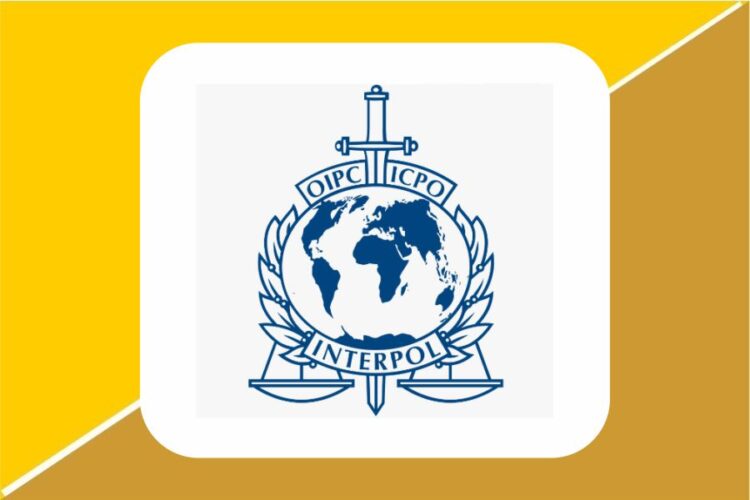On September 7th, the United Nations has designated it as the International Day of Police Cooperation, being observed for the first time in 2023. This day serves as a recognition of the crucial role played by the global law enforcement community in ensuring worldwide security. The designation was formalized through a resolution passed in the United Nations General Assembly on December 16, 2022, emphasizing the imperative to enhance international collaboration on a global, regional, and sub-regional scale in various aspects related to preventing and combating transnational crime, especially organized crime, as well as countering terrorism.
This inaugural observance coincides with the centenary celebration of INTERPOL, formerly known as the International Criminal Police Commission (ICPC), established on September 7, 1923.
In the present landscape, criminal activities transcend physical and virtual borders, encompassing cyber-crime, terrorism, organized crime, and financial wrongdoing, all of which possess an international dimension. National law enforcement agencies require intelligence-sharing and mutual support from other nations to safeguard their citizens and bring offenders to justice. This encompasses harnessing new technologies, fortifying border controls, and exchanging intelligence and best practices. Criminals exploit weak links in global security, underscoring the significance of equipping all countries with up-to-date intelligence, access to policing resources and databases, and training on their effective utilization.
Collaboration between INTERPOL and the United Nations is codified in resolutions passed by both the UN General Assembly and the Security Council, particularly concerning counter terrorism efforts and the prevention of human trafficking. This collaboration is exemplified through the issuance of Special Notices that alert police worldwide to individuals and entities subject to sanctions imposed by the United Nations Security Council.
Aligned with the UN’s 2030 Agenda, INTERPOL’s seven Global Policing Goals (GPGs) offer a comprehensive framework for international police cooperation and community safeguarding. These goals converge with various UN Sustainable Development Goals (SDGs), including achieving gender equality and empowering women and girls (SDG 5), fostering peace, justice, and strong institutions (SDG 16), and revitalizing the global partnership for sustainable development (SDG 17). SDG 16.A, in particular, underscores the necessity for international cooperation in enhancing relevant national institutions, building capacity at all levels, and combating terrorism and crime.










